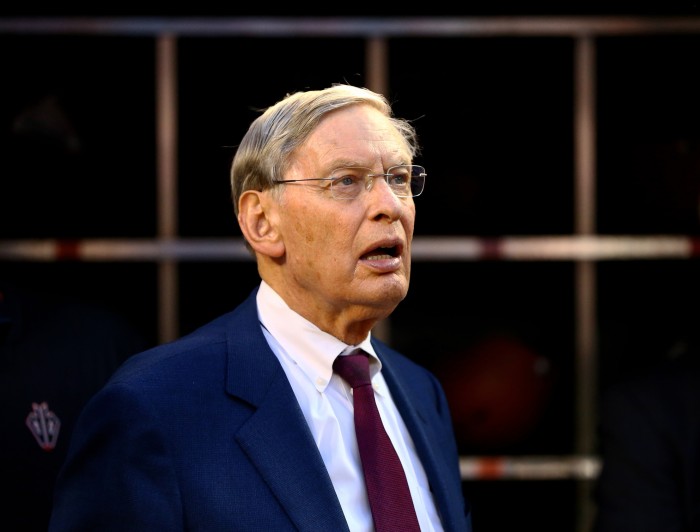Milwaukee is a small market. It ranks 35th in the nation by television market size, just behind Cincinnati and just ahead of that famously booming metropolitan area, Greenville-Spartanburg-Asheville-Anderson in South Carolina. No city in Major League Baseball serves a smaller potential fanbase, and more importantly, no Major League city has a smaller base of cable television subscribers than Milwaukee.
If you have been a Brewers fan in any capacity, you are familiar with this reality and the uphill battle to contention because of it. Every free-agent signing is viewed through the lens of budgetary constraints before potential production. Homegrown stars, such as Prince Fielder, are presumed to leave as soon as they are able to test the market. Such is life in a small market.
But what I want to explore more closely over the rest of this interminably long offseason is the use of the small market as a rhetorical device. How does small market rhetoric shape our fan experiences? What does baseball do in the name of supporting small markets? What are the real effects of pro-small-market initiatives, like the luxury tax and revenue sharing? Who really benefits from seeing the world as one where the small markets need help to compete with the big markets?
Much of my previous baseball writing — specifically, for FanGraphs and for Disciples of Uecker — has been written from the perspective of a general manager who needs to, as B.J. Upton put it in the Tampa Bay Rays’ late-2000s heyday, “Ball on a budget.” This means finding the next market inefficiency, like Billy Beane’s Athletics and Andrew Friedman’s Rays did. The unfairness of it all had a visceral appeal to me. Why should things like census counts and television contracts have anything to do with who wins a baseball game? It’s an easy argument to make and an easy argument to understand, particularly for those who have been rooting for cellar dwellars for decades.
That, I think, is why it’s so important to take a hard long look at how the small market concept has been used by baseball’s owners and executives. Here we are in 2016, about 30 years after Bud Selig started throwing his weight around in MLB ownership meetings and negotiations, talking about how hard life is for small-market franchises and how the structure of the league must be reorganized to help them compete. This rhetoric has been employed for decades, and yet, as we look at Major League Baseball today, it is as much of a haves-versus-have-nots league as ever. Teams with open pocketbooks like the Dodgers, Yankees, Angels and Red Sox dominate the markets for major players to the point where a team like the lowly Diamondbacks (in the 12th largest market in the nation, hardly a small market club) spending on a major free agent like Zack Greinke is considered uncouth. And with teleivision money flowing in large sums into baseball’s largest markets, the gaps are primed to grow even bigger despite the efforts of Selig and his Blue Ribbon Committees.
With the imbalance between large and small cities remaining constant, it has become almost impossible to talk about baseball in Milwaukee without talking about the constraints and realities of the small market. As such, beginning next week and continuing throughout the offseason, I’ll be taking a deeper look at the way baseball owners, executives, players and writers have talked about and deployed the small market concept, for what they have used it, how the term has evolved, and how it has affected the game today, both here in Milwaukee and across the league. Keep an eye out for it here at BP Milwaukee.

Looking forward to more on this in the future.
Very true that small markets have many restraints but we have to keep in mind that small markets are also full of potential. Just no one dares to dig to open up what small market can offer. Small market will encourage local youth and kids to dedicate themselves in baseball. It is needless to say, it will open up new opportunities for the locals. Can’t wait to see someone takes proper initiatives and become a role model and that model expands every corner of this great country.
Thanks for sheding light on this important topic.